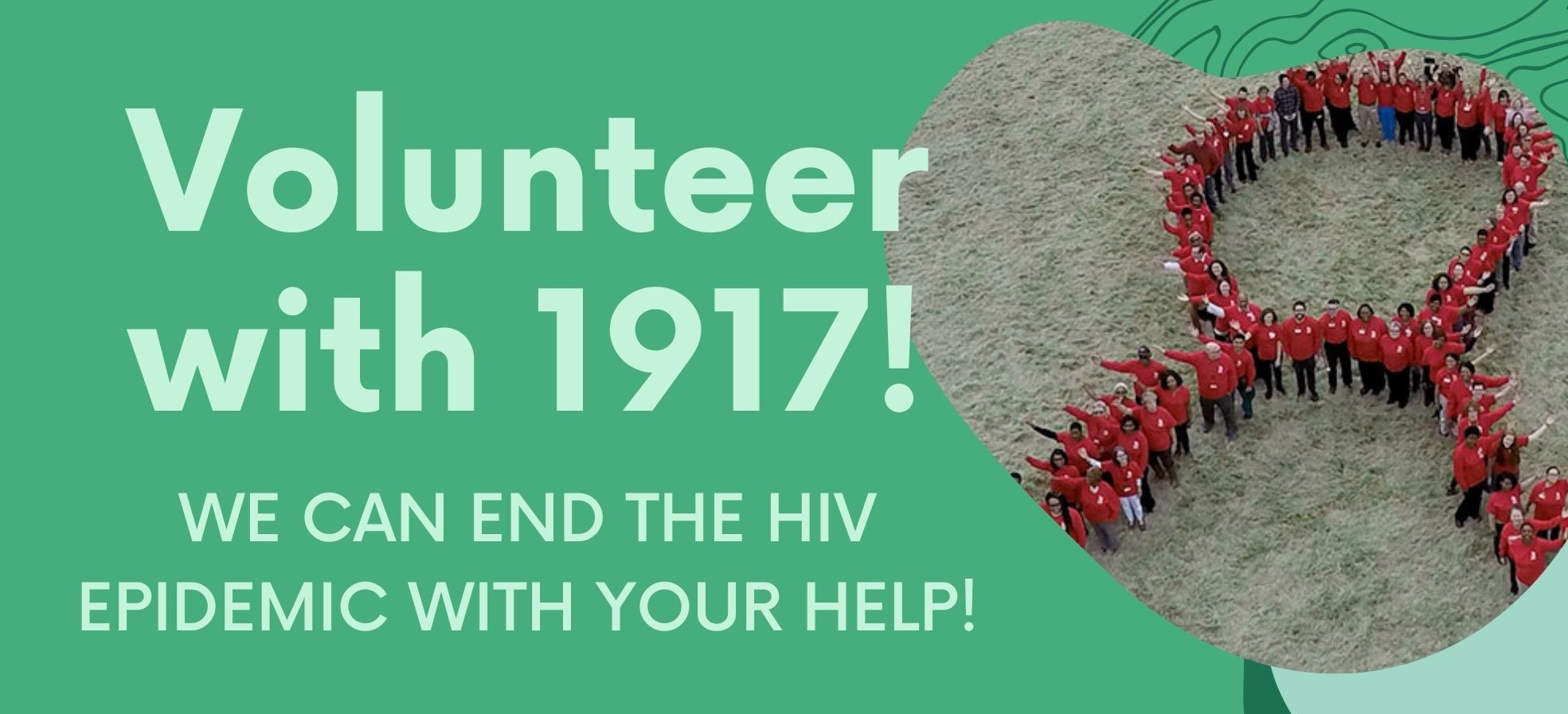
Volunteers serve in various roles throughout the clinic and in the community. Our volunteer roles/tasks generally fall within two categories: In-Clinic and Outreach. When completing your volunteer application, please use this page as a reference and indicate which types of opportunities you are interested in. Any additional questions can be directed to this email address: 1917-Volunteers@uabmc.edu
After completing the volunteer application, a member of the team will reach out to schedule a volunteer interview. Please note that response times in December may be delayed due to the winter holidays. During this interview we will learn more about you, give you more information about volunteering at the clinic, and determine if this is a good volunteer role for you. After that you will attend a Volunteer Orientation before you are eligible to begin volunteering. Volunteer Orientations are typically hosted on the second Wednesday of each month from 4PM to 6PM. These dates may be subject to change due to holidays and/or staff schedules.
In-Clinic Opportunities
In-Clinic Volunteers serve in specific areas within the clinic (waiting room, resource center) to assist staff and clients with a variety of projects and tasks. In-clinic volunteers typically have a set volunteer schedule and serve in specific roles.
In-Clinic Volunteer options may change as volunteers rotate or new projects are identified. Some of the volunteer roles include:
- Clinic Host – volunteers in this role will welcome clients in the waiting room, help new clients with computer-based surveys, and visit with clients and their guests (family members, partners, friends, etc.)
- Resource Center Host – volunteers in this role will be responsible for creating and maintaining a safe and educational environment for clients to learn new skills and complete projects.
- Birthday Callers – volunteers in this role will call patients to acknowledge their birthday on behalf of the 1917 Clinic. We celebrate birthdays!
Outreach Opportunities
Outreach volunteers represent the 1917 Clinic out in the community, whether that’s on the UAB campus, at a church health fair, or at a substance use treatment facility. Outreach volunteers serve during scheduled outreach events, and may not have a set weekly or monthly schedule. You may staff a table to provide the community with general information about the 1917 Clinic and what we do. You may assist in delivering a presentation about HIV, or in staffing an HIV testing event. Whatever you do, it’s always a new and fun experience.
HIV Testing Opportunities
The 1917 Clinic conducts rapid HIV testing both in the clinic, and in the community. We need trained test counselors to administer these tests and help people learn their status.
HIV Test Counselors are trained to provide HIV testing and counseling at community events using the INSTI HIV-1/HIV-2 Antibody Test and the OraQuick Advance Rapid Antibody Test under the supervision of 1917 Clinic staff. The training provides a comprehensive overview of administering the test and providing a non-judgmental risk assessment. Participants will learn relevant counseling strategies, refresh their HIV knowledge, and have multiple opportunities to practice throughout the training. Following training, interested volunteers will be able to shadow experienced HIV Test Counselors during community events and will be individually assessed for competency.
HIV Test Counseling and Administration training can be completed individually or in a group setting, depending on the need. Please indicate your interest in HIV testing in your volunteer application and during your interview.
Research Opportunities
The 1917 Clinic maintains a close partnership with the Alabama Vaccine Research Clinic. The AVRC conducts research related to preventive and therapeutic vaccines and other prevention/treatment options. Their focus is on HIV vaccines, but they participated in trials for the prevention and treatment of other infectious diseases as well, like the flu and most recently COVID-19.
There are two ways to get involved with the AVRC – as a Community Advisory Board member, or as a research participant.
The Community Advisory Board serves as a voice for the community, ensuring that HIV prevention and treatment studies are responsive to, and respectful of, the needs and concerns of the communities they recruit from. You can learn more about the CAB on their webpage: Click Here to go to the Community Advisory Board Webpage or copy and paste the following URL into your search bar: https://sites.uab.edu/avrc/community-advisory-board/
Interested in learning more about being a Research Participant? Check out their webpage or copy and paste the following URL into your search bar: https://sites.uab.edu/avrc/get-involved/